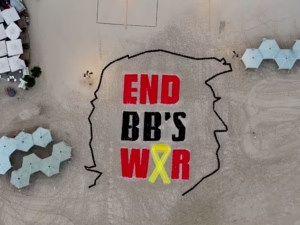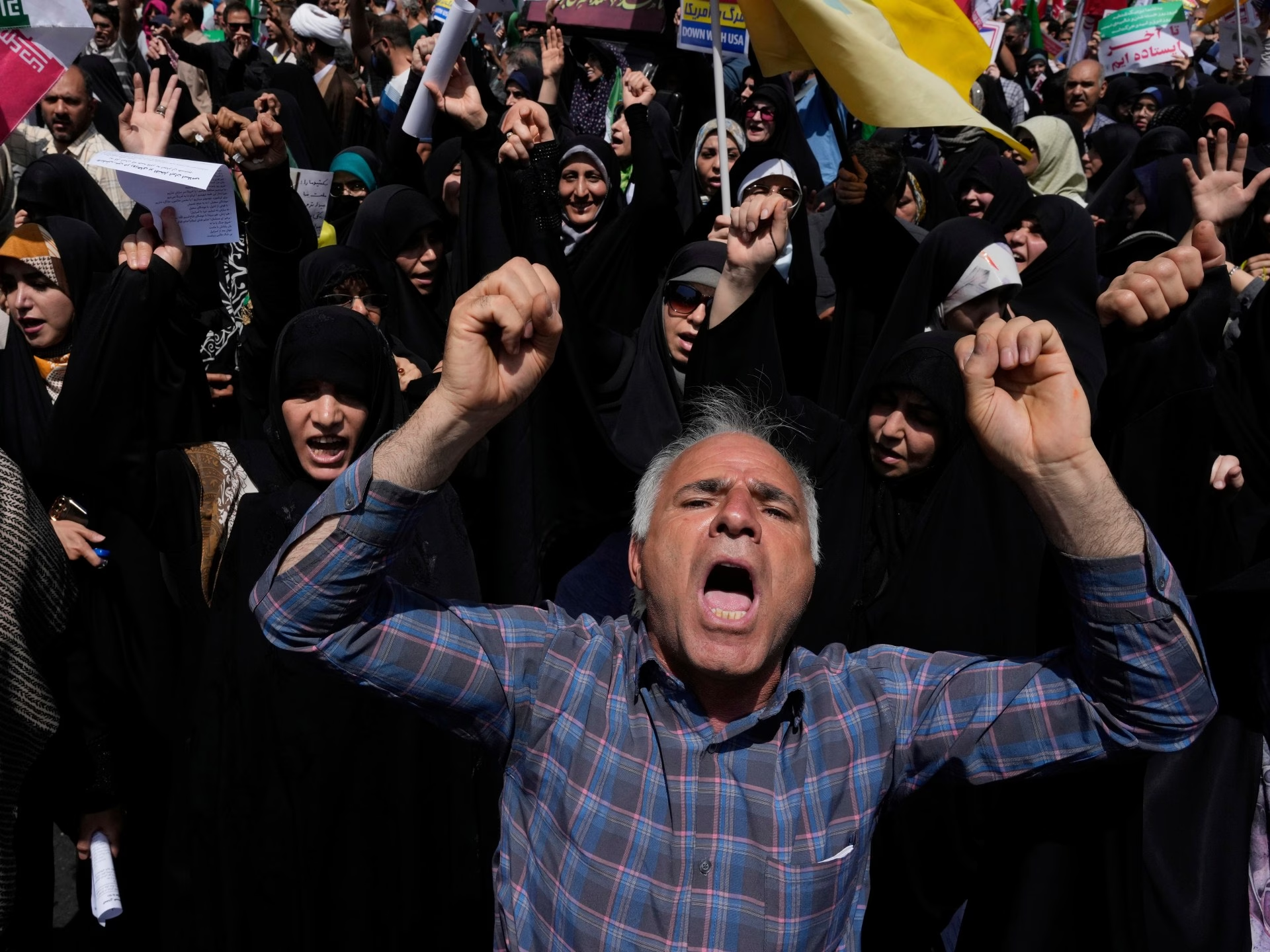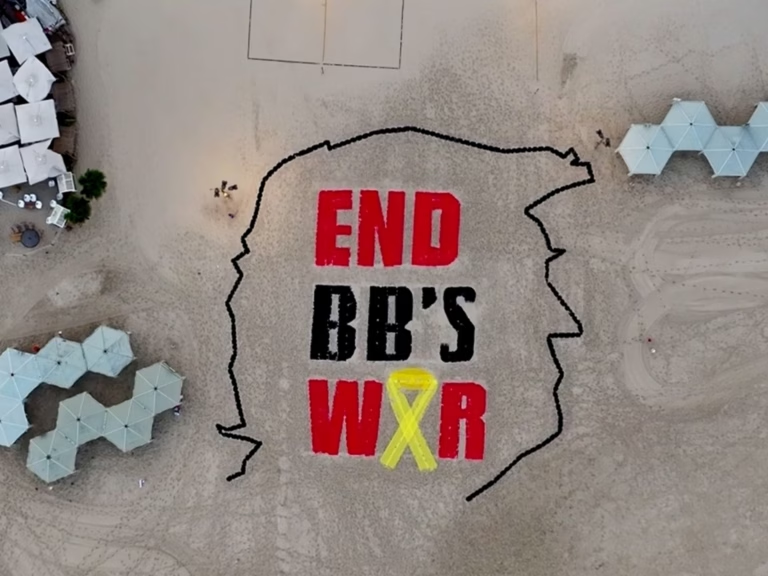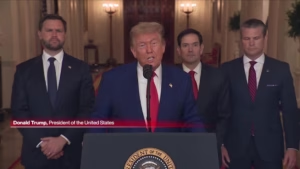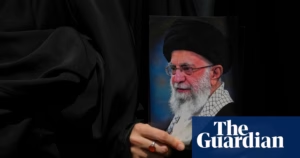The United States launched airstrikes on three nuclear sites in Iran, intensifying the ongoing conflict between Israel and Iran. President Donald Trump stated that the attacks have “obliterated” the targeted sites, warning of further strikes unless Iran agrees to a peace agreement. Iran confirmed the evacuation of its personnel before the strikes occurred.
This marks more than a week after Israel initiated a military campaign against Iran, prompting retaliatory missile attacks and numerous casualties on both sides. Here are key international reactions to the US strikes on Iran’s nuclear sites:
Iran: Ministry of Foreign Affairs Abbas Araghchi accused the US of violating international law. He emphasized that the attack was a grave infraction of the UN Charter and called it an “extremely dangerous, lawless, and criminal behavior.” Araghchi stated that Iran reserves the right to defend itself.
Israel: Prime Minister Benjamin Netanyahu publicly thanked President Trump, praising his decision to strike Iran’s nuclear facilities as a historical move to prevent the world’s most dangerous regime from obtaining nuclear weapons.
United Nations: Secretary-General Antonio Guterres expressed deep concern about the strikes, warning that they escalate tensions in an already volatile region. He urged member states to de-escalate and abide by international law to prevent the conflict from spiraling out of control.
Hamas: The Palestinian armed group condemned the US attack as a violation of international law and an escalation that aligns with the “occupiers’ agenda.”
US Democrats: House Representatives’ top Democrat, Hakeem Jeffries, accused Trump of pushing the country towards war without Congressional authorization, warning about the potential for a “disastrous war” in the Middle East.
China: A CGTN commentary worried that the strikes could lead to a repeat of the missteps from the US invasion of Iraq in 2003, emphasizing the need for a measured and diplomatic approach to avoid prolonged conflicts and destabilization in the Middle East.
Australia: The government spokesperson noted the US President’s call for peace and emphasized that the situation is highly volatile, calling for de-escalation and diplomacy.
New Zealand: Foreign Minister Winston Peters expressed concern about the ongoing military action and called for a return to diplomacy to prevent further escalation.
Mexico: The Ministry of Foreign Affairs urged diplomatic dialogue for peace in the Middle East, emphasizing the need to avoid an escalation of tensions.
Venezuela: Foreign Minister Yvan Gil condemned the US military aggression against Iran, calling for an immediate end to hostilities.
US groups, CAIR, and AIPAC: CAIR described the US attack as “illegal and unjustified” and highlighted the US intelligence conclusion that Iran was not developing nuclear weapons. Meanwhile, AIPAC praised the strikes and called for the US to protect its troops and regional interests against Iranian retaliation.
Cuba: President Miguel Diaz-Canel described the bombings as a “dangerous escalation” and a severe violation of the UN Charter, warning of “irreversible consequences” for humanity.
Chile: President Gabriel Boric declared the US action to be in violation of the principles established by the international community, emphasizing that having power does not justify breaching internationally agreed rules.


